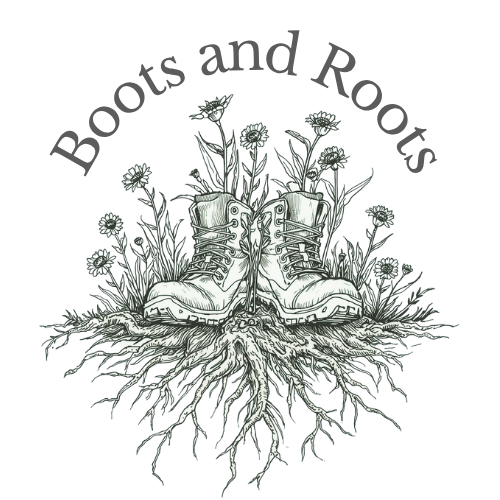Hard-Knock Life
- 7arrowranch

- May 19, 2025
- 3 min read
The Day Our Brooder Hit 140°: A Painful Lesson in Farming, Loss, and Paying Attention
I don’t know that I’ll ever forget the sight.
Tiny, lifeless bodies. Empty waterers. Silence where there should’ve been peeping. Just three days old, and already gone.
Eighty chicks. Dead. And it was my fault.
Let me back up...
The winter of 2023 was rough on our brooder. I didn’t lose chicks, but... I may as well have—the water froze, and the little birds spent most of their energy just trying to stay warm. That kind of cold stress lingers. It affects weight gain. Immune function. Vitality. So I formulated a plan to make sure that didn't happen again.
So this past winter (2024), I upgraded everything. New greenhouse panel roof to soak up warmth. Extra heat plates. Temperature sensors. We even built a hover brooder inside the main brooder to help trap heat where the chicks sleep. It was insulated with styrofoam—until I noticed the chicks trying to eat it, so we scrapped that part. But otherwise? It worked GREAT! Processed chicken weights for that batch of meat chickens was 6.5 lbs average. That's about 1.5x our average weights for the last 2 years.
Not only did the water stay thawed, the brooder held steady in the 90–95° sweet spot. It was cozy, and the chicks peeped happily every day they were in the brooder. I felt a sense of accomplishment and satisfaction!
Then spring hit—hard.
We skipped “mild” and went straight from damp and chilly to summer-like heat. After days of rain and cool temps, we suddenly had 87° and full sun. By the time I could check the brooder that evening, it had climbed to 140° inside.
One hundred and forty. Which I didn't figure out until I opened up the brooder.
Upon approaching the brooder, I knew something was terribly wrong. There was no sound. No happy chirps. Not even hungry peeps. Just a horrible stillness.
All 5 waterers were bone dry. They were full that morning. They normally consume 1/3 - 1/2 of the available water on a daily basis.
Most chicks had already passed. Others were clearly suffering. The rest were panting, limp, and barely responsive. I propped both lids all the way open. Cracked the end venting windows. Turned off all heat sources. Rushed for water. Grabbed the extra drinkers we add in as the chicks grow bigger. I grabbed apple cider vinegar and some honey, and added those electrolytes and energy boost to their water. Anything I could think of to get them refreshed and cooled down. But for so many of them, it was already too late.
There was no time to feel emotions. There was still work to do.
Each individual chick that was still alive, no matter how weak it was, was picked up and had their beak dipped in water. I made the rounds through every single chick, repeatedly for about 2 hours. I held several in my hands as they died, despite my best efforts. I hate that part.
It doesn't matter how many excuses I can come up with—“It’s March,” “It wasn’t that hot outside,” “I didn’t know it could spike that fast”—at the end of the day, this was on me.
I’d made sure our sensors were dialed in to prevent cold stress. But I hadn’t even considered the need for an upper temperature limit—in March. It hadn’t even crossed my mind. And that oversight cost the lives of 80 living, breathing animals in my care.
Farming is brutal like that.
It teaches you lessons in the harshest ways possible. There’s no rewind button. No do-over. Just the guilt and the grief… and the obligation to learn.
Here’s what I learned:
Don’t trust the calendar. Weather doesn’t care what month it is. Especially in Texas.
Heat stress can kill faster than cold ever will—especially in enclosed, insulated spaces.
Automation is helpful, but only when it’s set up completely and correctly.
And finally: check more often. Even when you think everything is fine.
Every day, when I go to check on the brooder. I think about how many people see the “cute” side of farming—the eggs, the sunsets, the homegrown meals—but not the heartbreak behind the scenes.
This job is hard. It’s raw. It will humble you over and over again.
But if you let it, it will also make you better.
And I owe those chicks nothing less than my continued effort to improve their lives.






Comments